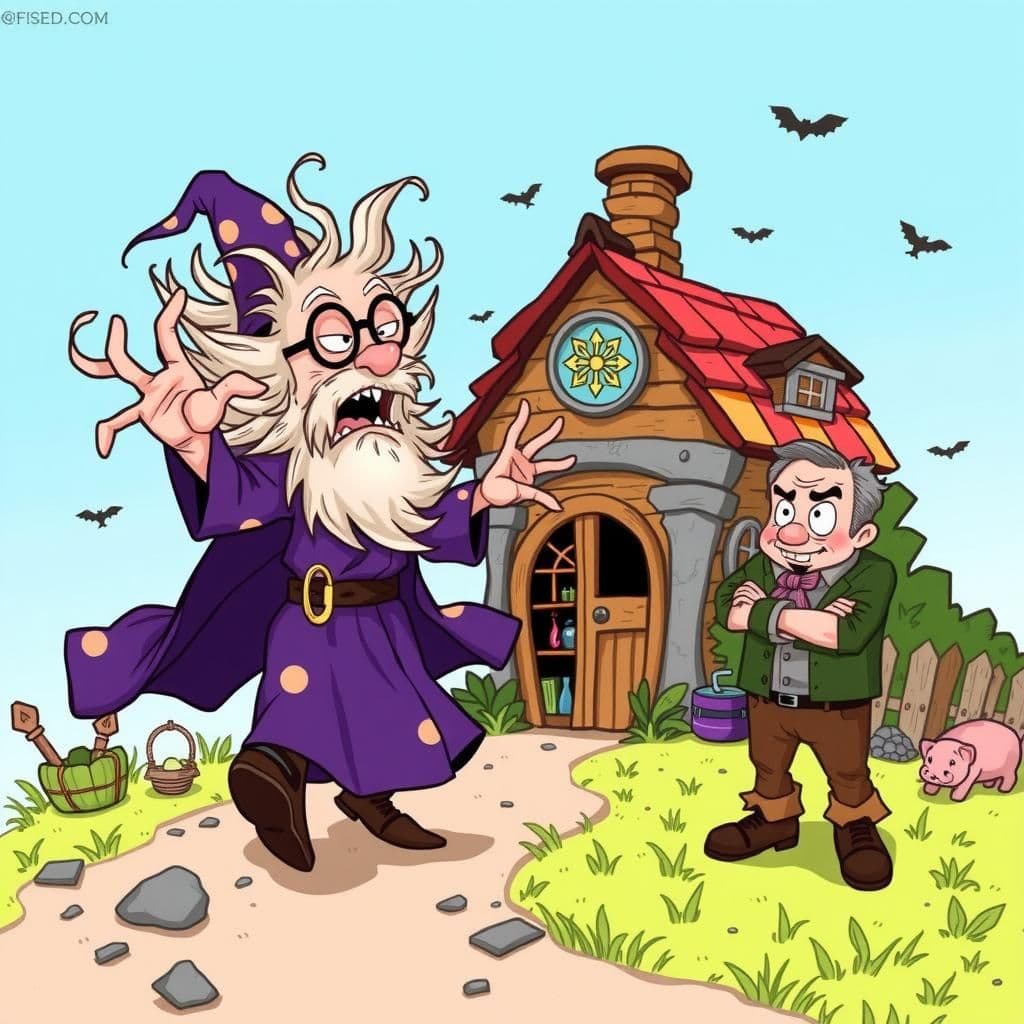The Literary Astronomer
In "The Literary Astronomer," a Director of an Observatory, claiming to have discovered the moon, approaches an Editor to sell his account for $160, only to be told the payment is his responsibility. This thought-provoking moral story reveals the unexpected nature of transactions and the importance of self-correction, as the embarrassed Astronomer leaves to revise his manuscript after realizing he overlooked a crucial detail. This captivating tale serves as an inspirational short story with a moral about responsibility and humility, making it a valuable read for students.

Reveal Moral
"The story illustrates that true value and recognition often come with humility and the readiness to accept constructive criticism."
You May Also Like

The Prophet
In "The Prophet," a wizard known for telling fortunes faces a moment of irony when he learns his house is being robbed, despite his ability to foresee the futures of others. As he rushes to save his belongings, a mocking neighbor questions why he couldn't predict his own misfortune, highlighting a powerful lesson about the limitations of foresight. This simple short story with moral serves as a reminder of the importance of personal awareness and growth, making it one of the best moral stories for students.

Two Footpads
In the simple short story "Two Footpads," two criminals share their misadventures while boasting about their robberies at a roadside resort. The First Footpad proudly claims to have robbed the Chief of Police, while the Second Footpad reveals a twist in his tale, admitting that he lost some of his own stolen loot when he attempted to rob the United States District Attorney. This quick read serves as a moral lesson about the unforeseen consequences of crime, reminding readers of the folly in boasting about such exploits.

An Inflated Ambition
In "An Inflated Ambition," a corporate president enters a dry-goods shop and encounters a placard urging customers to ask for what they desire. Just as he is about to express his wishes, the shopkeeper directs a salesman to "show this gentleman the world," illustrating the irony of ambition and the moral that true fulfillment often lies beyond material wants. This easy small story with moral lessons serves as a thought-provoking tale for young readers, emphasizing the importance of understanding one’s true desires.